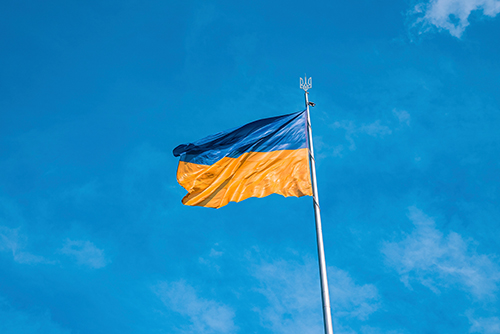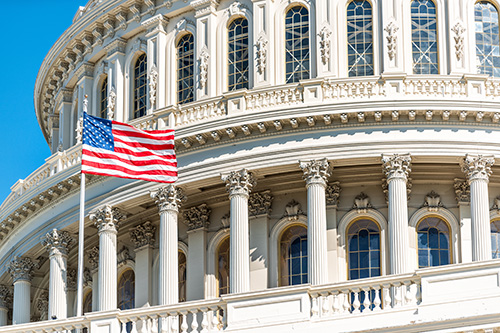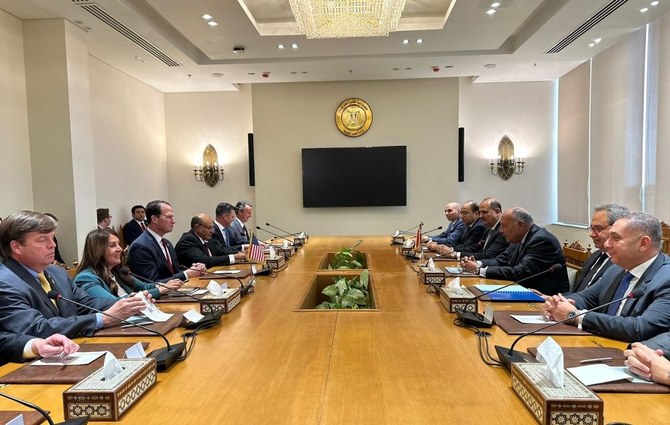North Korea is a greater threat to our national security today than it was in 1988
 South Korean intelligence officials reported recently that North Korea is preparing for a new nuclear test. If true, it would mark Pyongyang’s third nuclear detonation since 2007, when it agreed to end its nuclear program during the Six-Party Talks. In return for this commitment, the United States removed Pyongyang from the state sponsors of terrorism list.
South Korean intelligence officials reported recently that North Korea is preparing for a new nuclear test. If true, it would mark Pyongyang’s third nuclear detonation since 2007, when it agreed to end its nuclear program during the Six-Party Talks. In return for this commitment, the United States removed Pyongyang from the state sponsors of terrorism list.
Since then, North Korea has torn up the agreement and resumed its reckless nuclear activities. Meanwhile, the United States has sat back and watched the ally of our enemies and the enemy of our friends terrorize the world with its threats of nuclear war. It’s time to re-designate North Korea as a state sponsor of terrorism.
Between 1988 and 2008 the United States government listed North Korea as a sponsor of terrorism. The catalyst for its listing was North Korea’s involvement in the 1987 in-flight bombing of Korean Air Flight 858, which killed all 115 passengers onboard. The State Department cited a laundry list of other hostile activities pursued by the regime to justify its listing throughout the years. These included North Korea’s history of harboring and supporting terrorists, abductions, and developing and proliferating weapons of mass destruction.
North Korea continues these illicit activities today despite being removed from the list partly in return for its commitment to halt its nuclear program. This was a mistake. The fact that North Korea conducted two nuclear tests in 2009 and 2013 should alone merit the re-designation. And while the State Department routinely claims that North Korea has not been linked to terrorism since 1987, ample open-source evidence disputes this claim.
North Korea is also still a major proliferator of weapons of mass destruction. Its ongoing collaboration on ballistic missiles with Iran, the world’s number one state sponsor of terrorism, is well known.
Pyongyang has known links to the tyrannical regimes in Tehran and Damascus, and there have been several instances in the past decade in which North Korea’s two Middle Eastern clients transferred North Korean arms to Hezbollah and Hamas. In 2009 alone, three North Korean arms shipments were seized by UAE, Israeli, and Thai authorities.
In all three cases, press reports indicated that the arms were bound for terrorist groups. In July 2014, Western security sources told media outlets that Hamas brokered an agreement to purchase communications equipment and artillery rockets from the Kim regime. Sure enough, North Korean anti-tank guided missiles surfaced in Gaza that same year.
But weapons sales are not the whole picture of North Korea’s ties to terrorist groups – there is growing evidence of Pyongyang’s advisory role to these violent organizations. Press reports in 2014 suggested that North Koreans advised Hezbollah in the construction of tunnels in Southern Lebanon in 2003-2004. Israeli military commanders believe that North Korea also provided logistical advice on Hamas’ tunnel network which it infamously used to attack Israeli civilian populations.
North Korea is also still a major proliferator of weapons of mass destruction. Its ongoing collaboration on ballistic missiles with Iran, the world’s number one state sponsor of terrorism, is well known. According to reports the two countries are presently working on the development of an intercontinental ballistic missile that could allow North Korea to deliver a nuclear warhead far beyond its shores.
Though the State Department will deny any veracity to growing evidence that Pyongyang and Tehran are also collaborating on nuclear weapons, North Korea has aided other unstable regimes in setting up their own nuclear shops. North Korea helped establish the al-Kibar nuclear reactor in Syria, which was destroyed by an Israeli strike in 2007, and provided game-changing nuclear materials to Libya in the early 2000s.
Aside from its involvement in weapons of mass destruction, North Korea also threatens us in cyber space. In 2009, South Korean intelligence officials told the media that North Korea set up a cyber-warfare unit to target military servers in South Korea and the U.S. Since then, North Korean cyber-attacks have reportedly targeted the websites of the departments of Homeland Security and Defense, the Federal Aviation Administration, and the Federal Trade Commission.
Just last year, North Korea carried out a brazen cyber-attack against Sony Pictures that included direct threats against its employees and an ominous warning to “Remember the 11th of September 2001.” An attack on a private U.S. company that threatens action similar to the most infamous terrorist attack in our nation’s history sure sounds like terrorism to me.
Make no mistake: North Korea is a greater threat to our national security today than it was in 1988 when the US first listed North Korea as a state sponsor of terrorism. The country is much closer to successfully developing not just nuclear weapons but missiles that can carry these nuclear weapons to drop them on the United States. Its new leader, Kim Jong Un, has followed in his father’s footsteps in his opposition to the United States and, just like his father, is teaming up with other state sponsors of terrorism to do it.
The question remains: why have we not put North Korean back on the state sponsors of terrorism list? We didn’t take them off because they stopped sponsoring terrorism – we took them off for purely diplomatic reasons that have since become irrelevant. North Korea has only grown more bold and unpredictable since 1988. It is high time the State Department calls a spade a spade and designates North Korea as a state sponsor of terrorism.








